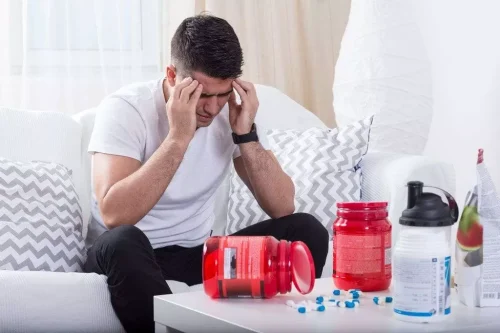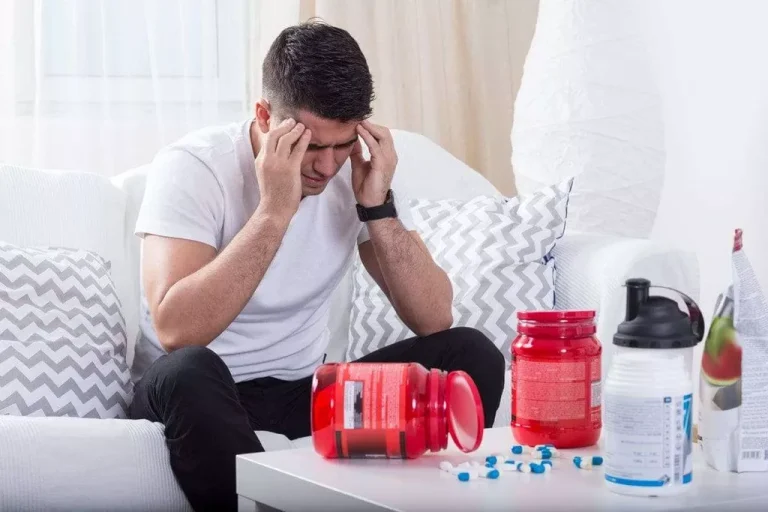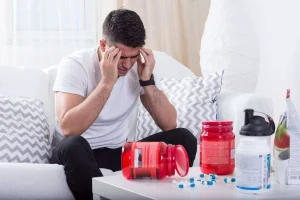
People with lactose intolerance may get diarrhoea, stomach pains and bloating if they drink milk or eat dairy foods. Some people are born with a tendency to develop lactose intolerance; others get it as a result of gastroenteritis or chemotherapy. Dr Fox explains that the science behind this is that dangerous levels of enzymes are accumulating in the cells of your body when you drink alcohol, and they cannot be broken down. As a result, liver tissue can become inflamed, leading to fibrosis, and ultimately cirrhosis and liver failure. There is also an increased risk of liver cancer if you continue to drink while intolerant. In an ideal world, you would abstain from consuming alcohol completely.
- Those with alcohol intolerance should try to limit or abstain from alcohol consumption entirely.
- You can treat symptoms, like headache, with certain over-the-counter (OTC) medicines.
- Unfortunately, the only treatment for alcohol intolerance is avoiding alcohol.
- One study of 948 individuals found that 7.2% self-reported wine intolerance.
Spotting the signs of an adverse reaction to alcohol

Even if you know alcohol makes you feel poorly, it can sometimes be hard to figure out the root cause of the problem. The main cause of alcohol intolerance is a problem with how the body breaks down alcohol. In addition, older adults also experience a change in their renal function and balance of water and sodium, which raises their risk of dehydration. This suggests that if they drink alcohol, they may become dehydrated quicker and feel the effects more. However, if they want to have tests to check their alcohol intolerance, they can contact a doctor to ensure they are drinking safely.

Alcohol Intolerance: Symptoms, Causes & Management

Alcohol intolerance is an immediate unpleasant reaction to consuming alcohol. It typically occurs because of a genetic difference that makes the body unable to break down alcohol efficiently. Reducing alcohol intolerance intake or stopping drinking may help a person feel more in control of their consumption and avoid experiencing a reaction or symptoms related to their alcohol use.
Is alcohol intolerance a sign of liver damage?
Privacy and security policies on these sites may differ from those practiced by thermofisher.com. Allergy Insider is committed to providing accurate, evidence-based information to empower allergy patients and support healthcare providers. “Alcohol sensitivity” is a term that some people use synonymously with alcohol intolerance. It’s also possible to be allergic to proteins in filling agents, such as egg or shellfish, which manufacturers sometimes use to remove fine particles from alcoholic beverages. A histamine is a chemical that the body releases in response to allergy, inflammation, or injury. If you have histamine intolerance, you lack a digestive enzyme called diamine oxidase, which helps your body break down excess histamine.

Any information published on this website or by this brand is not intended as a substitute for medical advice, and you should not take any action before consulting with a healthcare professional. In rare instances, an unpleasant reaction to alcohol can be a sign of a serious underlying health problem that requires diagnosis and treatment. However, in some cases, what seems to be alcohol intolerance may be your reaction to something in an alcoholic beverage—such as chemicals, grains, or preservatives. Another type of allergen, lipid transfer protein (LTP), is found in fruits, vegetables, nuts, seeds and cereals, and can also be present in some alcoholic drinks. Alcohol is toxic and must be converted by the body into non-toxic substances.
- The only way to treat alcohol intolerance is to avoid alcohol or, at the very least, limit alcohol consumption.
- Alcohol’s suppressive effect on the brain’s neurological pathways responsible for breathing can also lead to respiratory issues, including an increased risk of pneumonia.
- Some people take medicines like the antihistamines diphenhydramine (Benadryl) or famotidine (Pepcid) about 30 minutes before drinking alcohol.
Post-viral fatigue (PVF) is fatigue that first starts during a viral infection but persists after the virus has gone. Scientists are not sure what causes PVF, though immune cells called cytokines likely play a role. Sulfites interact with stomach acid to release an irritant gas called sulfur dioxide, which can cause airway irritation in susceptible individuals. Sulfites are preservatives used in the production of certain foods and beverages, including beer, wine, and cider. Allergy symptoms that affect breathing or have the potential to block your airway, such as swelling in the mouth or of the tongue, can be life-threatening.
Alcohol intolerance requires careful management, with the primary strategy being avoidance of alcohol to prevent symptoms. Currently, there is no cure for alcohol intolerance, but understanding and managing the condition can significantly reduce its impact. If alcohol intolerance is caused by something else, such as the use of a medication, then addressing the underlying cause may eliminate alcohol intolerance. In a March 2021 blog post, neurologist Georgia Lea discussed the potential connection between long COVID, specifically the PVFS type, and alcohol intolerance.
